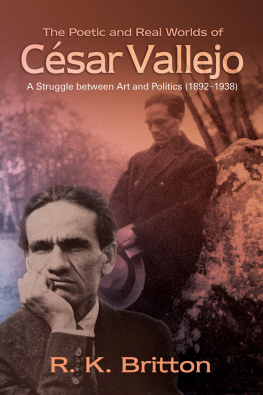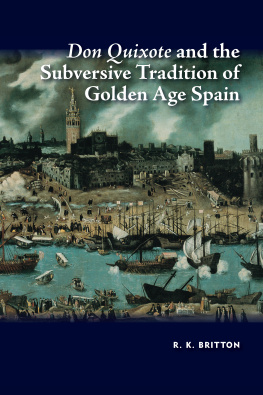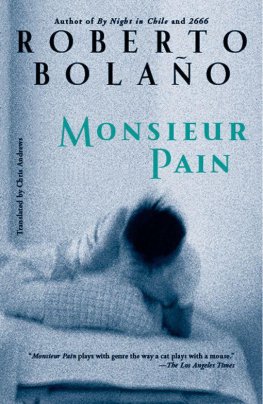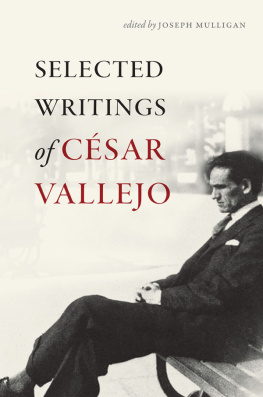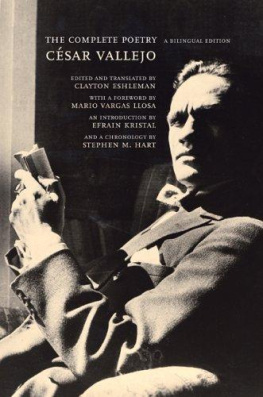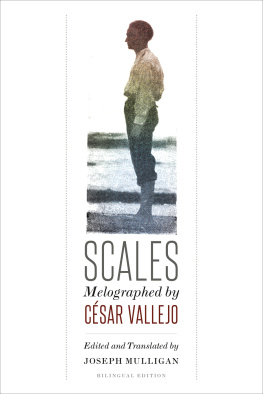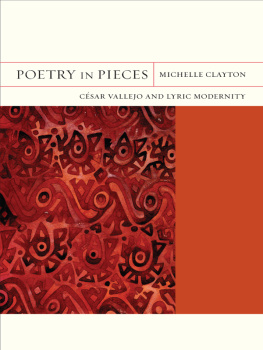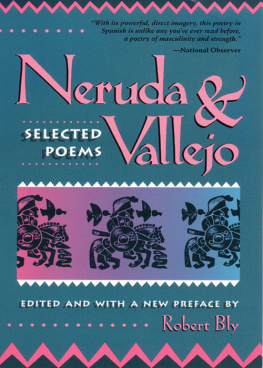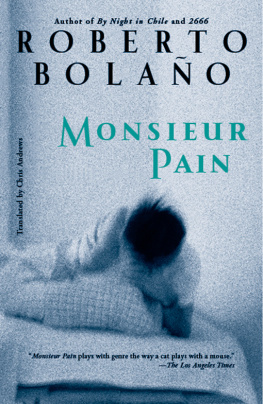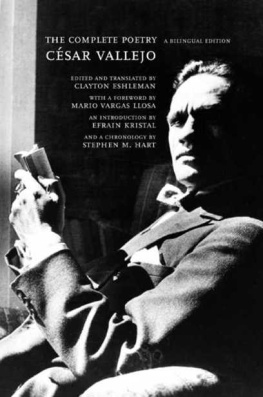
R.K. Britton writes that, where Csar Vallejo is concerned, a good deal of critical space remains to be filled. This book is a serious attempt to fill that space. One of its strengths is to pay duly critical attention to those aspects of Vallejos production essentially, the non-poetic workstraditionally left in the shadows, while remaining sensitive to the special qualities of Vallejo the poet. The book is supremely balanced in its account of Vallejos life and times. The sections on the writers early life, on post-War of the Pacific Peru, on post-World War I France, and on the run-up to the Spanish Civil War share an easy, informative manner. Brittons preference is for a form of biographical criticism, but at no point does this biographical bent obstruct him from insightful close analysis of the fabric of the Peruvians writing. There are good, critical commentaries on the less well visited byways of Vallejos output: the awkward short stories, the prose fiction, and the plays. The books principal achievement, however, is its absolutely clear-sighted organisation of difficult material the material of a complex life and no less complex oeuvre. Britton cuts through the confusion surrounding the posthumously published poetry, and one is left with the impression of having received wise counsel. Complete with its own excellent translations of all material quoted from Vallejo (an achievement which deserves recognition in its own right: his translation of Trilce I is better than most), plus a judicious, non-partisan survey of scholarship on Vallejo, the book will stand as a fine, accessible guide to one of the twentieth centurys great poets.
A DAM S HARMAN, University of Nottingham
Bob Brittons book brings Csar Vallejo fascinatingly to life illuminating both the key moments and the more intimate details. Britton interweaves the life and the creative drive of this extraordinary poet with such fresh insights that you return to Vallejos work with a renewed thirst.
A DAM F EINSTEIN, Biographer and Translator of Pablo Neruda

Published in the Sussex Academic e-Library, 2015.
SUSSEX ACADEMIC PRESS
PO Box 139
Eastbourne BN24 9BP, UK
and simultaneously in the United States of America and Canada
All rights reserved. Except for the quotation of short passages for the purposes of criticism and review, no part of this publication may be reproduced, stored in a retrieval system or transmitted in any form or by any means, electronic, mechanical, photocopying, recording or otherwise, without the prior permission of the publisher.
British Library Cataloguing in Publication Data
A CIP catalogue record for this book is available from the British Library.
Library of Congress Cataloging-in-Publication Data
Britton, Robert K.
The poetic and dramatic world of Csar Vallejo (18921938) : a struggle between art and politics / [Robert K. Britton]
pages cm
Includes bibliographical references and index.
ISBN 978-1-84519-742-1 (hb : alk. paper)
ISBN 978-1-78284-214-9 (e-pub)
ISBN 978-1-78284-215-6 (e-mobi)
ISBN 978-1-78284-216-3 (e-pdf)
1. Vallejo, Csar, 18921938Criticism and interpretation. I. Title. PQ8497.V35Z595 2016
861.62dc23
2015011368
This e-book text has been prepared for electronic viewing. Some features, including tables and figures, might not display as in the print version, due to electronic conversion limitations and/or copyright strictures.
Contents
Preface and Acknowledgements
This book is something of a hybrid. It set out, some time ago, to be a literary and political biography of Csar Vallejo (18921938), the world-renowned Peruvian poet, who was also a journalist, essayist, novelist and would-be dramatist. This seemed justifiable given that the study of his life and work has been beset by a number of problems over the past sixty years, which have often influenced the numerous academic books and critical articles (I estimate some 700 or more) that have appeared over that period. However, present-day literary and cultural theory, together with the belated appearance of reliable editions of Vallejos collected journalism and correspondence, have placed at the disposal of todays researcher resources and evidence denied to earlier generations of vallejistas.
But the emphasis of the present work has changed. It retains much that is biographical since the output of few poets and writers is as closely linked to their personal lives as was that of Vallejo. But it undertakes a review of the evidence literary and historical that is now reliably to hand, and attempts to balance and assess the considerable and often conflicting body of critical opinion it has generated. It attempts a reconstruction of the personal, political and cultural circumstances of Vallejos life, and against this background puts forward new comparative analyses and interpretations of the full range of his writings. It is my sincere hope that the following pages will not be perceived as old wine in new bottles, but as a fresh line in the academic sand that enables new research to be undertaken.
The book is primarily concerned with three questions. The first one relates to the notion of the periphery and the centre, as it applies to modern post-colonial cultures. Vallejo was born and raised in rural Peru on the peripheries of the former Spanish empire, but in 1923 he migrated to Paris, the cultural centre of Europe, where he lived until his death in 1938. His life was therefore lived in two distinct halves the first at the periphery and the second at the centre which impacted upon his work as a writer. Where, then, within this periphery/centre continuum should we try to place him? The answer to this question will strongly influence to what extent we then choose to regard him not solely as a great Latin American poet but as one of the foremost figures of twentieth century Modernism, whose ranks have, generally speaking, been closed to artists from outside Europe and North America.
The second question has been the subject of prolonged and often partisan debate, and concerns the nature and impact of Vallejos political convictions upon his work as a writer. It is a matter of historical fact that Vallejo began to embrace Marxism seriously only from 1928 on, although virtually all his early friends and colleagues in Peru had espoused radical ideas influenced by Marxist thought. It is also the case that in 1931, after three short visits to the Soviet Union, he joined the Spanish Communist Party while briefly living in Madrid. A number of scholars have, however, claimed that the depth and genuineness of Vallejos political conviction was always questionable, that it never replaced the Catholic religion in which he was brought up, and that towards the end of his life he had begun to repudiate Marxism and to return to his childhood faith. This book therefore examines Vallejos various writings for evidence of whether his conversion to communism can be traced in his journalism, fiction, unperformed plays, and most importantly and problematically, his poetry, what its effects were and whether there are any clear signs that he had begun to reject Marxism in his later years.
The third problem is that the greater part of what Vallejo wrote in his lifetime after 1923 prose, drama and poetry was published posthumously, mostly edited by his widow, Georgette de Vallejo, whom he met in Paris in 1928 and married in 1934. Up until her own death in 1984, Georgette jealously guarded Vallejos papers and manuscripts to which she was the literary heir, denying scholars access to them. From the 1950s on, however, a conflict developed between her and the Spanish poet Juan Larrea, who had been one of Vallejos closest friends during his Paris years, which was to divide and influence scholars and critics for nearly three decades. The argument, in which numerous of them joined, largely centred around the conclusions drawn by Larrea from the posthumous collection of Vallejos hitherto unpublished poetry entitled
Next page
